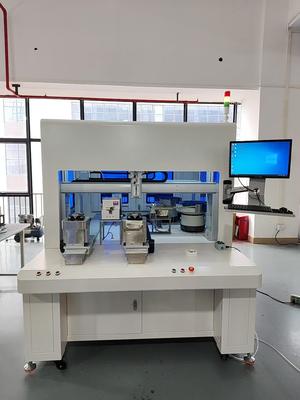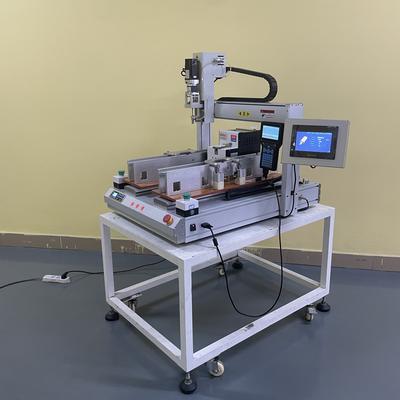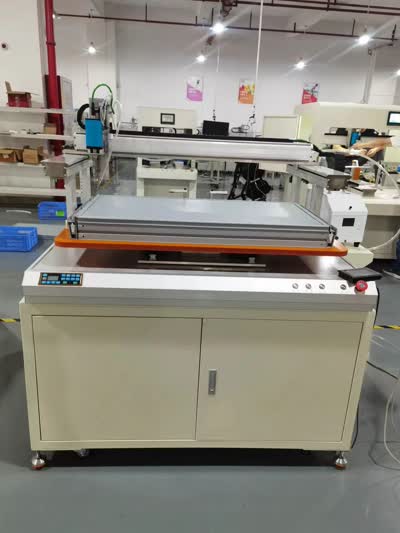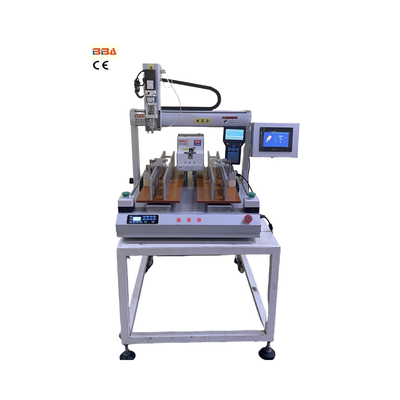Torque Feedback Sensors Advances | Precision Industrial Automation

Advances in Torque Feedback Sensors
The relentless pursuit of precision, efficiency, and reliability in industrial automation has positioned torque feedback sensors as a cornerstone of modern motion control systems. These sophisticated devices, which measure the rotational force applied to an object, are undergoing a period of remarkable innovation. The latest advancements are not merely incremental; they are fundamentally reshaping what is possible in automated processes, from high-speed assembly to intricate robotic guidance.
Enhanced Precision and Miniaturization
One of the most significant trends is the push towards unprecedented levels of accuracy in increasingly compact form factors. Modern torque sensors now leverage cutting-edge strain gauge technology and advanced micro-electromechanical systems (MEMS) to deliver highly precise measurements with minimal drift over time and across temperature variations. This miniaturization allows for direct integration into tight spaces, such as within the joints of collaborative robots or inside high-density servo motors, enabling more streamlined and agile machine designs without compromising on data quality.
The Integration of Digital Interfaces and IoT Connectivity
The transition from analog to digital is a game-changer for torque feedback. Next-generation sensors are equipped with integrated digital signal processors and standard industrial communication protocols like IO-Link, EtherCAT, and PROFINET. This provides several critical advantages: immunity to electromagnetic interference, simplified wiring through single-cable solutions, and the ability to transmit rich, pre-processed data directly to higher-level control systems. This digital backbone is essential for Industry 4.0 applications, facilitating predictive maintenance, real-time process monitoring, and seamless data integration into cloud platforms for comprehensive analytics.
Improved Durability for Harsh Environments
Industrial settings are notoriously demanding, with contaminants, extreme temperatures, and substantial shock and vibration. Recent advancements in material science and sealing techniques have dramatically improved the robustness and longevity of torque sensors. Manufacturers are now offering sensors with IP67 and higher protection ratings, capable of performing reliably in wash-down environments or alongside heavy machinery. This enhanced durability reduces downtime and maintenance costs, ensuring consistent operation where it is needed most.
Intelligent Functionality and Self-Diagnostics
Beyond simply measuring force, the newest sensors are becoming intelligent components within the automation ecosystem. Features like embedded self-diagnostics allow the sensor to monitor its own health, alerting operators to potential issues like bearing wear or calibration drift before they lead to system failure or product defects. Some advanced models can even perform real-time adaptive control, adjusting their output to compensate for environmental factors, thereby ensuring consistent accuracy without manual intervention.
Impact on Automated Applications
The practical implications of these advancements are profound. In precision assembly tasks, such as inserting delicate components or tightening fasteners to exact specifications, the enhanced accuracy ensures perfect results every time, drastically reducing error rates. For robotic arms, especially collaborative robots working alongside humans, high-fidelity torque feedback is critical for achieving a true sense of touch, enabling force-limited movements for safe interaction and allowing for complex tasks like manual guidance and deburring. Furthermore, in web tension control and winding applications, precise torque measurement is vital for maintaining material consistency and preventing costly breaks or defects.
The evolution of torque feedback sensors is a clear indicator of the direction of industrial automation: smarter, more connected, and more resilient. As these technologies continue to mature, they will unlock new levels of performance and open doors to applications that were previously unimaginable, solidifying their role as an indispensable tool for engineers and system integrators worldwide.
| Product Name | Applicable industries |
| Smart Screw Driving Machine | Drone and UAV Manufacturing |


